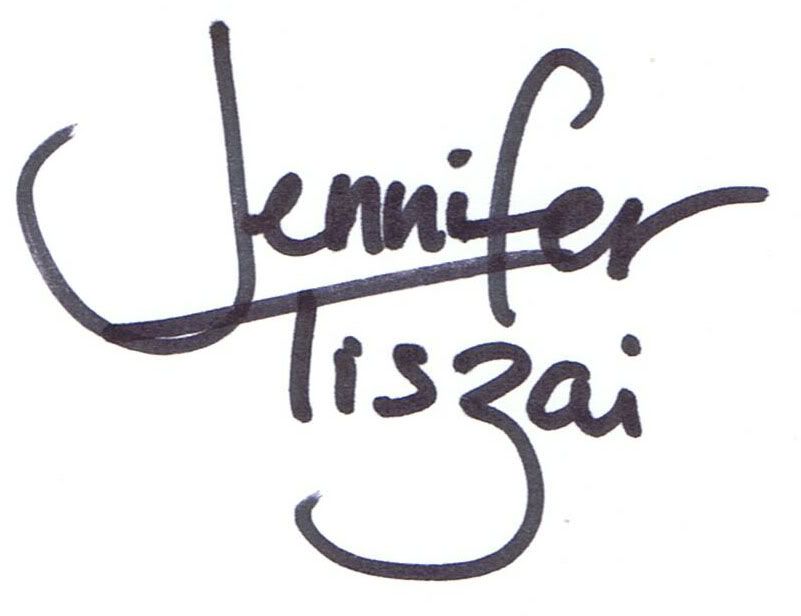Scholars are using it to show trends in language. And I can think of many authors who will love being able to research the evolution of slang and idioms.
You can go play for yourself here.
You can look at it from a more cultural perspective here.


...bravo to Samuel Clemens, still able to catch the public’s attention a century after he expired. He speaks from the grave, he writes, so that he can speak freely — “as frank and free and unembarrassed as a love letter” — but there’s precious little frankness and freedom here and plenty of proof that Mark Twain, in the hands of academics, can be just as tedious as anybody else when he is under the burden of his own reputation. Here, sandwiched between a 58-page barrage of an introduction and 180 pages of footnotes, is a ragbag of scraps, some of interest, most of them not: travel notes, the dictated reminiscences of an old man in a dithery voice...

 This post is a thought-provoking one on why we choose to work at home.
This post is a thought-provoking one on why we choose to work at home.There's a big difference between working to put food on the table vs.working for the "extras" such as summer camp or a vacation. Both are legitimate but it's essential to be honest about your motivation. Knowing what drives you will help you keep your priorities in order. When my children were young, I worked for the extras. However, instead of stopping when I earned enough to help with vacation costs I kept right on going, becoming a workaholic in the process. It didn't serve me or my family. When I recognized my error, I was able to cut back on work in order to create a healthier balance. Now that my children are school-age and I'm working to help cover orthodontia, tuition and retirement, I've increased my hours accordingly.
Understanding why you are working makes it easier to make tough work-related decisions. Will you work on the weekends? Stay up late to get it all done? If you're working to put food on the table, the answer will more likely be yes. But if you're working for the fun of it, you may choose not to compromise family time by late night or weekend work. When you know why you are working, it gets easier to decide what kind of boundaries you'll adhere to.
